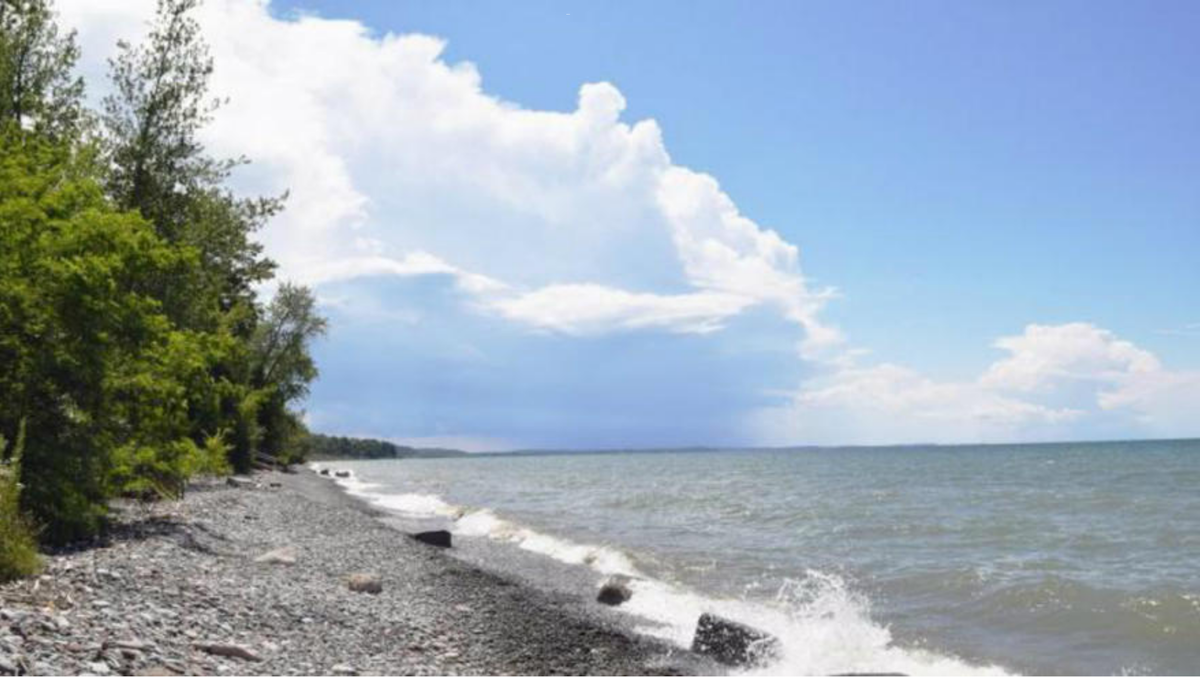Melissa Maurer-Jones, assistant professor in the UMD Department of Chemistry and Biochemistry, is researching photochemical and microbial degradation of polymers and pollutants in natural water systems.
The Grant
Maurer-Jones, as principal investigator, along with two UMD Large Lakes Observatory scientists, Elizabeth Minor and Kathryn Schreiner, received a grant from Minnesota Sea Grant to determine the size range and extent of weathering for plastic particles in western Lake Superior and the St. Louis River estuary. The grant, "Microplastics in Lake Superior: An Investigation of Size, Composition, and Weathering," received $112,780 for the two-year project. The team brings many strengths to the task. Maurer-Jones has become an expert on characterizing environmentally degraded plastic. Schreiner and Minor have pioneered new analytical techniques to quantify environmental plastics, using samples from the western arm of Lake Superior. “We hope to tackle many important questions regarding the fate of plastics in the environment to allow a better understanding of the burden and behavior of plastics in Lake Superior and beyond,” said Maurer-Jones.
Testing Techniques
On Aug. 6 and 7, 2020, during the project’s first project cruise on the Research Vessel Blue Heron, the team sampled four sites on the lake. They used a series of filtration techniques to determine the sizes and types of plastics in the lakes. They took samples from the top, middle, and bottom of the lake at each site. The team used a combination of nets and filtration systems to capture and record plastics of different sizes.
In addition, Maurer-Jones, Minor, and Schreiner are testing how the plastic have weathered by looking for changes to the plastic chemistry. This will help them make connections of the chemical and physical state of the plastic and its potential impacts to ecosystems. For example, sunlight has been shown to play a role in the formation of micro- and nano-plastics, but characterization of the extent of this weathering in natural samples is relatively new and will add to the body of knowledge in this area.
This research will help predict plastic’s potential to cause physiological and ecological effects providing estimates of the lifetimes of various plastic inputs within Lake Superior.
Outreach
The group will partner with Minnesota Sea Grant to present educational programs for children and teens. The results will also be shared with stakeholders across many governmental, civic, and news media entities.
For info contact:
Melissa Maurer-Jones
218-726-7088
[email protected]
About UMD's Department of Chemistry and Biochemistry
About UMD's Large Lakes Observatory
About Minnesota Sea Grant.

